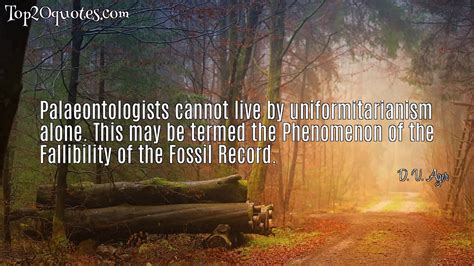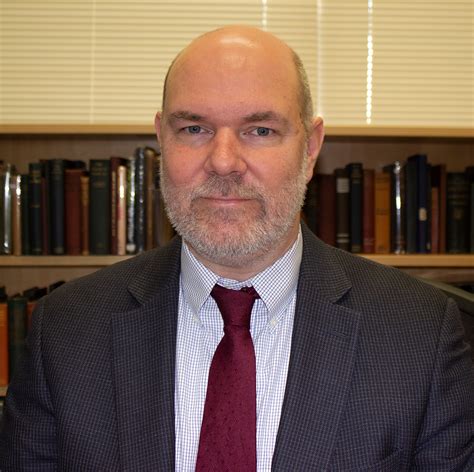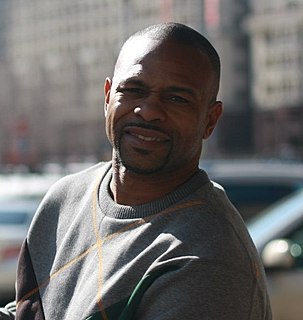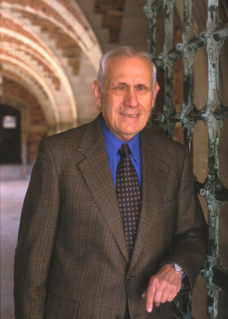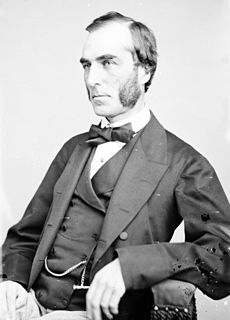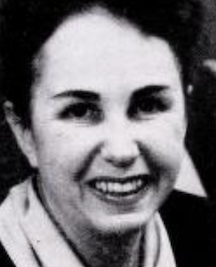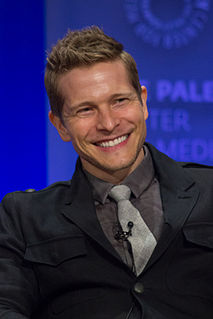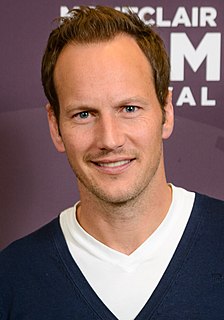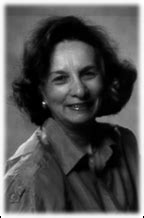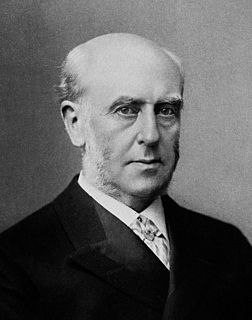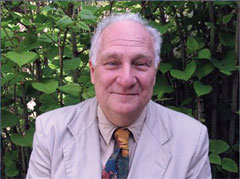Top 1200 English History Quotes & Sayings - Page 20
Explore popular English History quotes.
Last updated on April 16, 2025.
In the preface to his great History of Europe, H. A. L. Fisher wrote: "Men wiser than and more learned than I have discerned in history a plot, a rhythm, a predetermined pattern. These harmonies are concealed from me. I can see only one emergency following upon another as wave follows upon wave ..." It seems to me that the same is true of the much older [geological stratigraphical] history of Europe.
The discussion of the game of marbles seems to have led us into rather deep waters. But in the eyes of children the history of the game of marbles has quite as much importance as the history of religion or of forms of government. It Is a history, moreover, that is magnificently spontaneous; and it was therefore perhaps not entirely useless to seek to throw light on the child's judgment of moral value by a preliminary study of the social behaviour of children amongst themselves.
Oral history is a research method. It is a way of conducting long, highly detailed interviews with people about their life experiences, often in multiple interview sessions. Oral history allows the person being interviewed to use their own language to talk about events in their life and the method is used by researchers in different fields like history, anthropology and sociology.
You get another person who operates only in an African language and there are many persons who operate only in African languages; he or she is excluded from all the goodies that come with English. And even in terms of justice, law codes, the legal system. A person who does not know English in Africa is excluded from that system because he can only operate through acts of translation.
The acting I got into by doing what we call pantomime, when I was sixteen. And, there were loads of very pretty girls in the show. I realized; I found out very early on, that the lead comic gets the girl. So, that was cool. When I went to university, I studied Economic Social History. And drama. That kind of got me into it. My main passion was to make films. It was never to be an actor. At that time, there weren't many opportunities for a working class Scottish actor. It was kind of an English thing. And it required a certain mannered cerebral acting style that I couldn't relate to.
I knew I wanted to go to college and I wanted to study it acting, so I just looked for the best school that I could get into. Luckily, I had very supportive parents. I went to a conservatory that is basically drama school. You take one English class and one history class for four years but you don't take any other science or anything like that. It's strictly, from 7am until night, all acting. It's a lot. Some people find it too much, but for me I was preparing for a career and I never really looked back.
You see, when you're middle class, you have to live with the fact that history will ignore you. You have to live with the fact that history can never champion your causes and that history will never feel sorry for you. It is the price that is paid for day-to-day comfort and silence. And because of this price, all happinesses are sterile; all sadnesses go unpitied.
I did not know much history when I became a bombardier in the U.S. Air Force in World War II. Only after the War did I see that we, like the Nazis, had committed atrocities... Hiroshima, Nagasaki, Dresden, my own bombing missions. And when I studied history after the War, I learned from reading on my own, not from my university classes, about the history of U.S. expansion and imperialism.
With support jobs moving to China and India, it's not surprising that English-speaking countries' top frustration revolves around the difficulty of understanding customer service representatives. However, even if the level of customer service is exceptional, the extent to which poorly-understood accents trump quality of service speaks to English-speaking customers' growing intolerance of non-native speech, more so than in other countries.
History, when rightly written, is but a record of providence; and he who would read history rightly, must read it with his eyes constantly fixed on the hand of God. This statement of a nineteenth-century historian sums up the responsibility of the Christian teacher of history, for he who would teach history or any subject matter rightly, must teach it with his eyes constantly fixed on the hand of God.
But I don't know, maybe it's just as well I never got there. I dreamed about it for so many years. I used to go to English movies just to look at the streets. I remember years ago a guy I knew told me that people going to England find exactly what they go looking for. I said I'd go looking for the England of English Literature, and he nodded and said: "It's there.
My book, Oral History: Understanding Qualitative Research is about how researchers use this method and how to write up their oral history projects so that audiences can read them. It's important that researchers have many different tools available to study people's lives and the cultures we live in. I think oral history is a most needed and uniquely important strategy.
Why I talked about political correctness: the colonial is now such a major taboo that any achievement of the colonial period, or any generosity implied in colonialism, is again fundamentally neglected or fundamentally not recognised. That's crazy, because history is a series of layers, and you cannot say, "This layer I support and this layer I cancel." History is history and you cannot retrospectively manipulate it.
I don't think it is always necessary to take up the anti-colonial -- or is it post-colonial? -- cudgels against English. What seems to me to be happening is that those people who were once colonized by the language are now rapidly remaking it, domesticating it, becoming more and more relaxed about the way they use it -- assisted by the English language's enormous flexibility and size, they are carving out large territories for themselves within its frontiers.
The arrival of the Barbary pirates radically changed English attitudes. Instead of patriotic pirates plundering foreign cargoes and bringing them homes to enrich their countrymen, the 'Turks' were in the usual Mediterranean business of slave-raiding - and now the English were the victims. The West Country men suffered the heaviest, and did not appreciate the irony. The Newfoundland fishery, dominated by Devon ports, lost at least 20 ships in 1611 alone.

